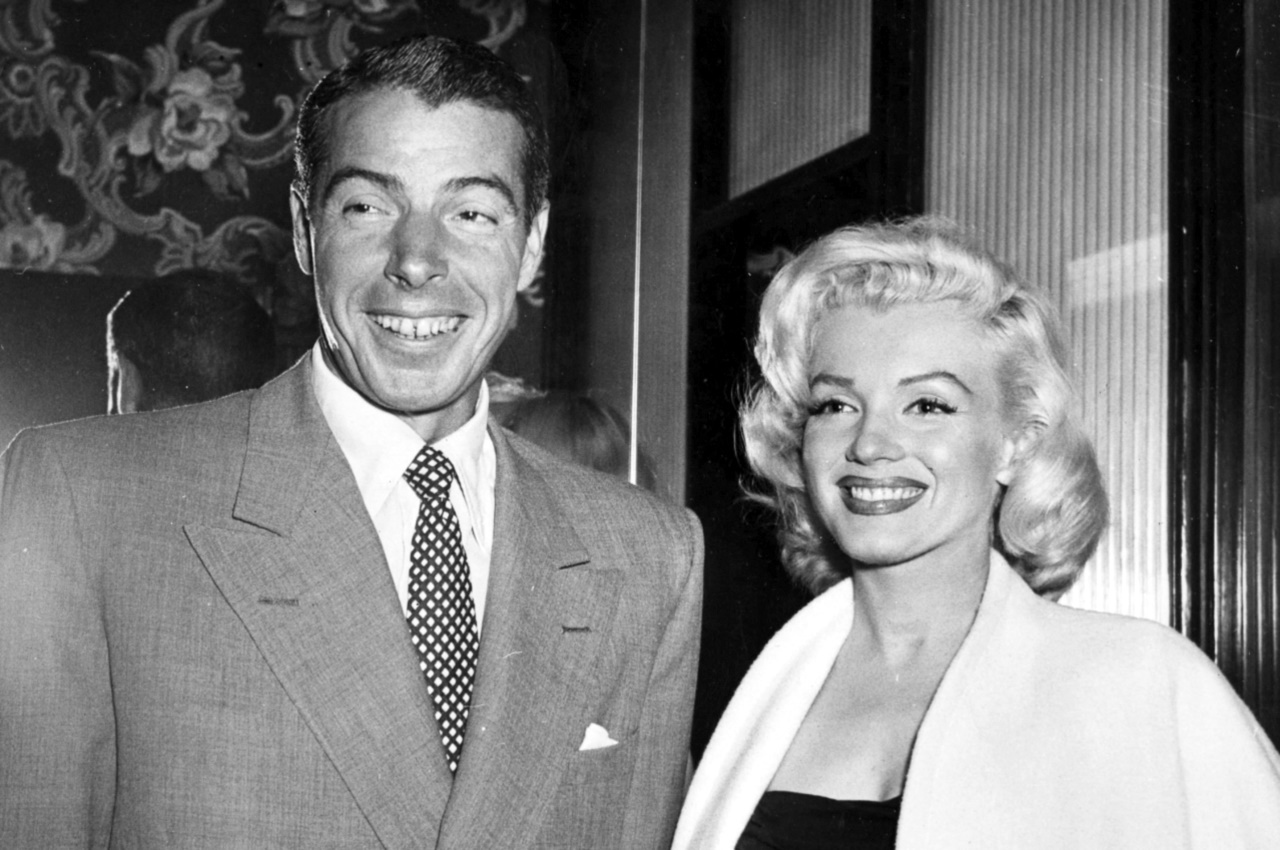Robert Solotaire
Heymann quoted Robert Solotaire on more than a few occasions within the text of his literary effort about Joe DiMaggio, Marilyn and the legend of their love. Robert’s father, George, was purported to be Joe’s best friend. George Solotaire died in 1965. Robert Solotaire, who Heymann allegedly interviewed, followed George into eternity forty-three years later in 2008, six years before Atria Books published Heymann’s final literary effort featuring Marilyn Monroe. Therefore, both George and Robert qualify as yet two more deceased sources quoted by Heymann, two of the many decedents used as sources and quoted by Heymann. Robert’s son, Benjamin Solotaire, still among the living, dismissed the many quotations attributed to his grandfather and his father by Heymann. Benjamin’s dismissal was so noted in another article written by Ryan Chittum and published in the Columbia Journalism Review.1Op. Cit. Chittum
Additionally, Chittum questioned the validity of Heymann’s maligned work about Joe DiMaggio and Marilyn Monroe, questioned Heymann’s many lurid statements and salacious allegations, questioned the quotations attributed to the Solotaire family. Chittum also offered significant testimony from Benjamin Solotaire. During an interview with Chittum, Benjamin asserted that Heymann fabricated all the quotations attributed to his family; Benjamin also asserted that both his grandfather and his father would not have
shared such intimate details about what Joe said. […] And the quotes just aren’t the way dad spoke. They were too crass and detailed for him. It is bothersome to me and my family that these made-up, embarrassing quotes are attributed to my father. George and dad were great friends of Joe and would never have tarnished his or Marilyn’s reputation.2Ibid.
Benjamin also posted the following comment on Amazon’s website about Heymann’s salacious and dubious book:
I haven’t read this book but my father is quoted several times since he knew Joe; my grandfather lived with him. I do know that my father never talked to the author and the quotes attributed to him are not from him. They are fabricated so I would question any other material presented.3Ibid.
It is more than just probable that Heymann invented most of the testimonies attributed to Robert and George Solotaire, both of whom died long before Heymann wrote and Emily Bestler/Atria Books published Joe and Marilyn: Legends in Love.
